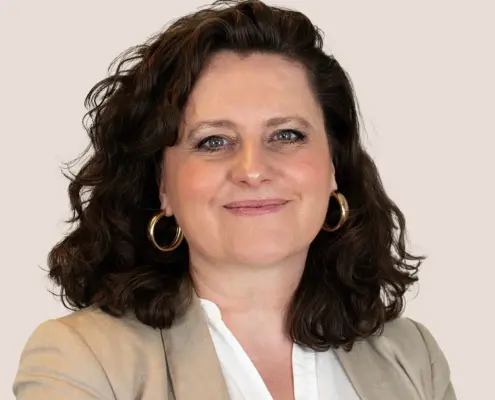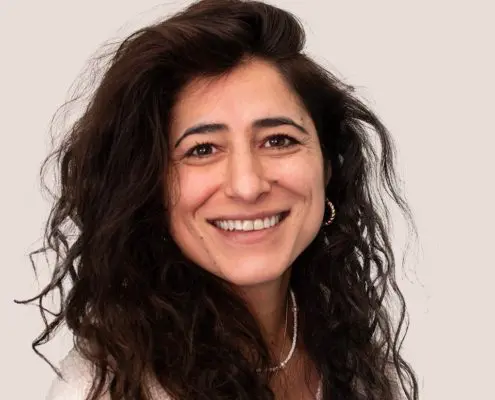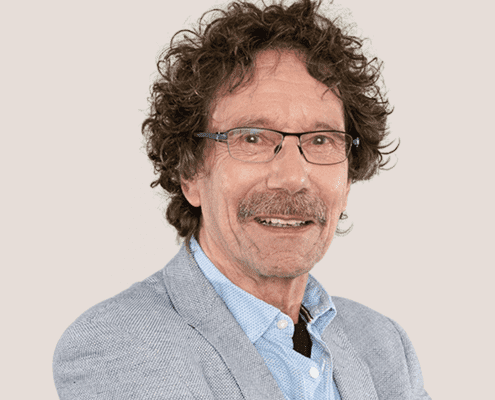 https://www.amsterdam-psycholoog.nl/wp-content/uploads/2020/04/Voornaam-Achternaam.jpg
1000
1000
admin
https://www.amsterdam-psycholoog.nl/wp-content/uploads/2019/11/Psychologen-amsterdam-logo.png
admin2026-01-01 21:26:162026-01-07 10:56:09Luna Bootsma
https://www.amsterdam-psycholoog.nl/wp-content/uploads/2020/04/Voornaam-Achternaam.jpg
1000
1000
admin
https://www.amsterdam-psycholoog.nl/wp-content/uploads/2019/11/Psychologen-amsterdam-logo.png
admin2026-01-01 21:26:162026-01-07 10:56:09Luna BootsmaAbout Post-Traumatic Stress Disorder (PTSD)
Have you experienced a shocking or radical event? Do you then have stress symptoms, nightmares, panic attacks, concentration problems or do you avoid places or situations that remind you of the trauma? If you recognize these symptoms, you may be suffering from Post-Traumatic Stress Disorder (PTSD). What is PTSD, what are the symptoms, the causes, the consequences and how can we help you.
What is PTSD?
Post-Traumatic Stress Disorder (PTSD) is a mental disorder that can occur after experiencing or witnessing a shocking, traumatic event. The situation is life-threatening or can result in serious physical or mental harm. It may be a single event, such as a violent robbery, a car accident, fire or rape, or a series of shocking experiences such as a war situation, sexual abuse, long-term bullying or (mental or physical) abuse.
Many people experience emotional problems after a traumatic event. These symptoms usually disappear after a few months once the trauma has been processed. If you have not (fully) processed the trauma, it may be PTSD.
Developing PTSD can be very different from person to person. In most cases, symptoms develop during the first month after a traumatic event. In a minority of cases, it can take months or even years for symptoms to appear. Some people with PTSD experience long periods when their symptoms are less, followed by periods when they get worse. And other people have severe symptoms all the time.
Symptoms PTSD
The symptoms of PTSD can vary widely from person to person. The intensity of the symptoms also differs per person. If you suffer from PTSD, you will generally experience one or more of the symptoms below.
1. Re-experiences
The most characteristic symptom of PTSD is re-experiences. This is when you involuntarily and vividly relive the traumatic event in the form of flashbacks, nightmares, disturbing images, or physical sensations such as pain, sweating, nausea, or trembling. Some people constantly have negative thoughts about their experience and repeatedly ask themselves questions that hinder processing. For example, they may wonder why the event happened to them and if they could have done something to prevent it. This can lead to feelings of guilt or shame.
2. Avoidance behavior
Trying not to be reminded of the traumatic event is another important characteristic of PTSD. This usually means avoiding certain people or places that remind you of the trauma and not wanting to talk about it. Avoidance behavior can cause you to change your normal routine. For example, after a serious car accident, you are unable to drive a car yourself or to drive with someone in the car.
Many people with PTSD try to push memories of the event out of their head, often distracting themselves with work or hobbies. Some people try to deal with their feelings by not feeling anything at all. This is known as emotional numbness.
3. Tension
If you have PTSD you can be very anxious (when there is no real danger) and find it difficult to relax. You may be constantly aware of threats and easily startled. This often leads to irritability, angry outbursts, sleep problems (insomnia), difficulty concentrating and you are extremely alert .
4. Other problems
People with PTSD can also have other problems, such as depression, anxiety, phobias, drug or alcohol addiction, headaches, dizziness, chest pain, and stomach pain. PTSD seriously affects your daily life and sometimes leads to problems at work/study or relationship problems.
What is complex PTSD?
You can develop complex PTSD after a single traumatic experience, but you are more likely to develop complex PTSD after prolonged and repeated exposure to extremely stressful situations, such as emotional, physical and/or sexual abuse, neglect, domestic violence or living in a war zone.
In complex PTSD, in addition to the aforementioned characteristics of PTSD, you may also suffer from the following symptoms:
- A negative self-image, you see yourself negatively and you have feelings of guilt, shame or helplessness.
- You have trouble maintaining relationships and you find it difficult to trust other people.
- You are not able to handle your emotions well. This can manifest itself in impulsive reactions in the form of anger or fits of rage. But emotions can also be bottled up, and this can lead to sadness, anxiety or depression.
- You may have a dissociative experience. Dissociation can be seen as a defense mechanism against painful feelings associated with traumatic memories. Your brain temporarily turns off part of your consciousness, such as certain emotions, thoughts, perceptions or memories.
Examples of dissociation are: you feel you perceive yourself from a distance, confusion about what is and isn’t real in your environment, or amnesia that cannot be explained by ordinary forgetfulness.
PTSS treatment
PTSD is treatable, but recovery from PTSD varies. Some people recover within a few months, while others have symptoms that last much longer. And with some people, the condition becomes chronic. In that case, we will discuss how you can deal with your symptoms better, so that you are less bothered by them in your daily life.
There are several factors involved in the recovery process. Such as the severity and type of traumatic event, was it a one-time event or was it a (long-lasting) series of events, your personal characteristics and how you can deal with difficult situations.
EMDR therapy
Trauma or PTSD can be treated well, for example with EMDR (Eye Movement Desensitization and Reprocessing). EMDR is an effective treatment therapy, which is often used if you suffer from symptoms after a traumatic event. By means of eye movements you are simultaneously busy with the present and the past. During the treatment, you think back to the shocking event, while you follow the therapist’s finger with your eyes. The “working memory” is burdened with this, so that the traumatic memory fades into the background and your feelings of anxiety diminish.
Contact Psychologen Amsterdam
Do you need help or do you just have a question about PTSD? Then call for an appointment or send a message to Psychologen Amsterdam.
Our specialists in the field of Post-Traumatic Stress Disorder (PTSD)
What do we offer?
A safe and trusted place for therapy in Amsterdam
A warm welcome from our founder Anouk Taytelbaum.
We are here to help you.
What do we offer?
A safe and trusted place for therapy in Amsterdam
A warm welcome from our founder Anouk Taytelbaum.
We are here to help you.
Insurance cover
What do you have to pay?
No waiting list
We offer direct availability
Blended Care
Our effective eHealth approach!
System therapy:
relationship and family therapy
Anger & misunderstanding? Sometimes you are so stuck in negative patterns that you can’t work it out together anymore
Insurance cover
What do you have to pay?
No waiting list
We offer direct availability
Blended Care
Our effective eHealth approach!
Are you here for the first time?
We show you step by step how we work

System therapy:
relationship and family therapy
Anger & misunderstanding? Sometimes you are so stuck in negative patterns that you can’t work it out together anymore
Klanten vertellen
Client reviews
Zorgkaart NL
Experiences clients
News
Articles, movies and news
Qualifications
Our healthcare professionals are trained in Hollands most respected counselling institutions with years of experience in the GGZ, private and charitable sectors in and around Amsterdam. In addition, they are continuously trained and retrained, which is also an obligation to keep their registrations and memberships with various professional associations.



































